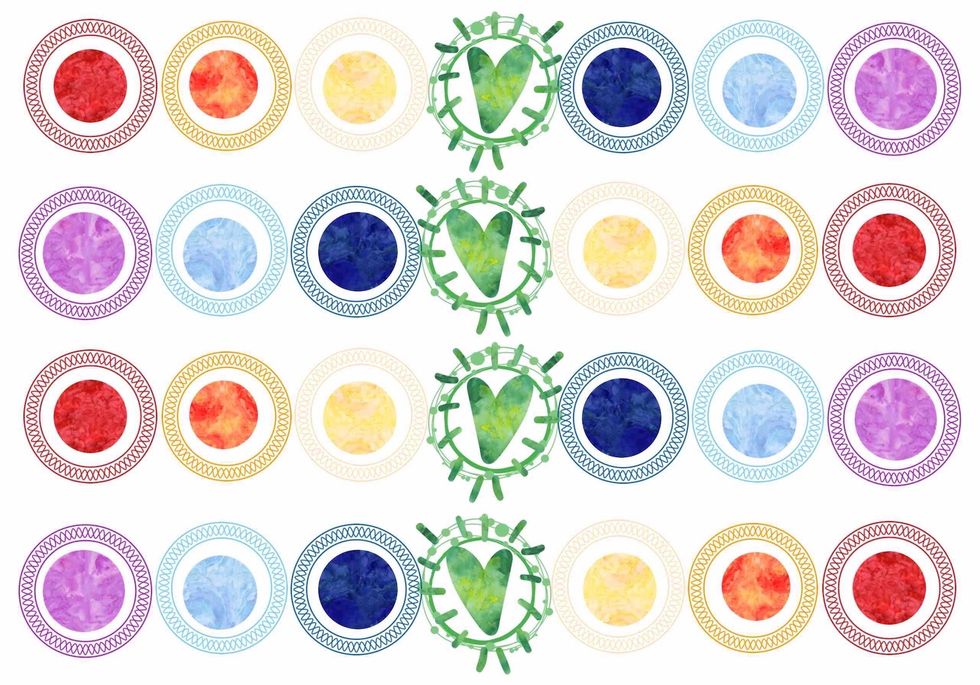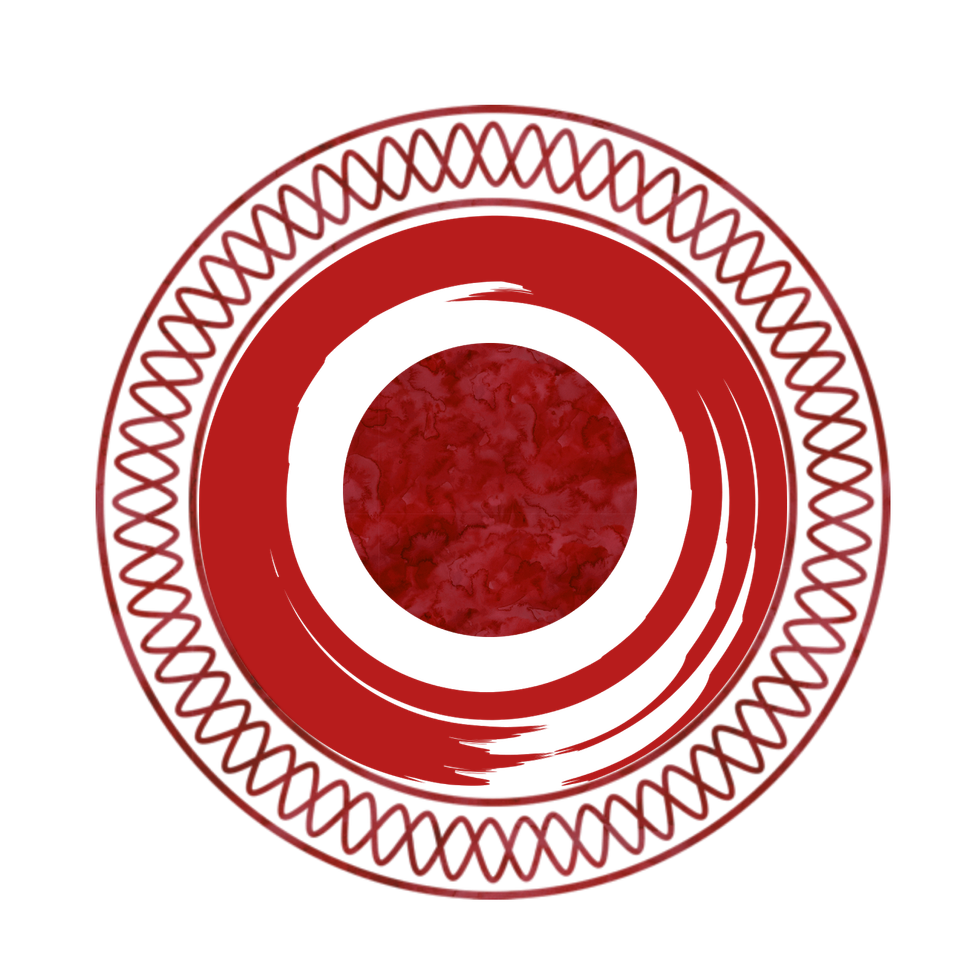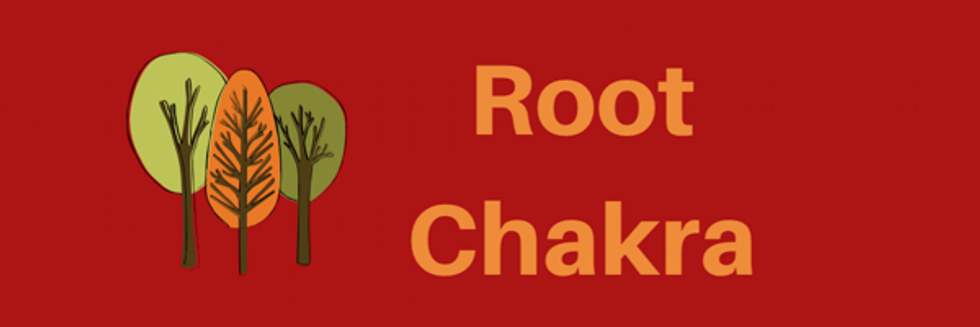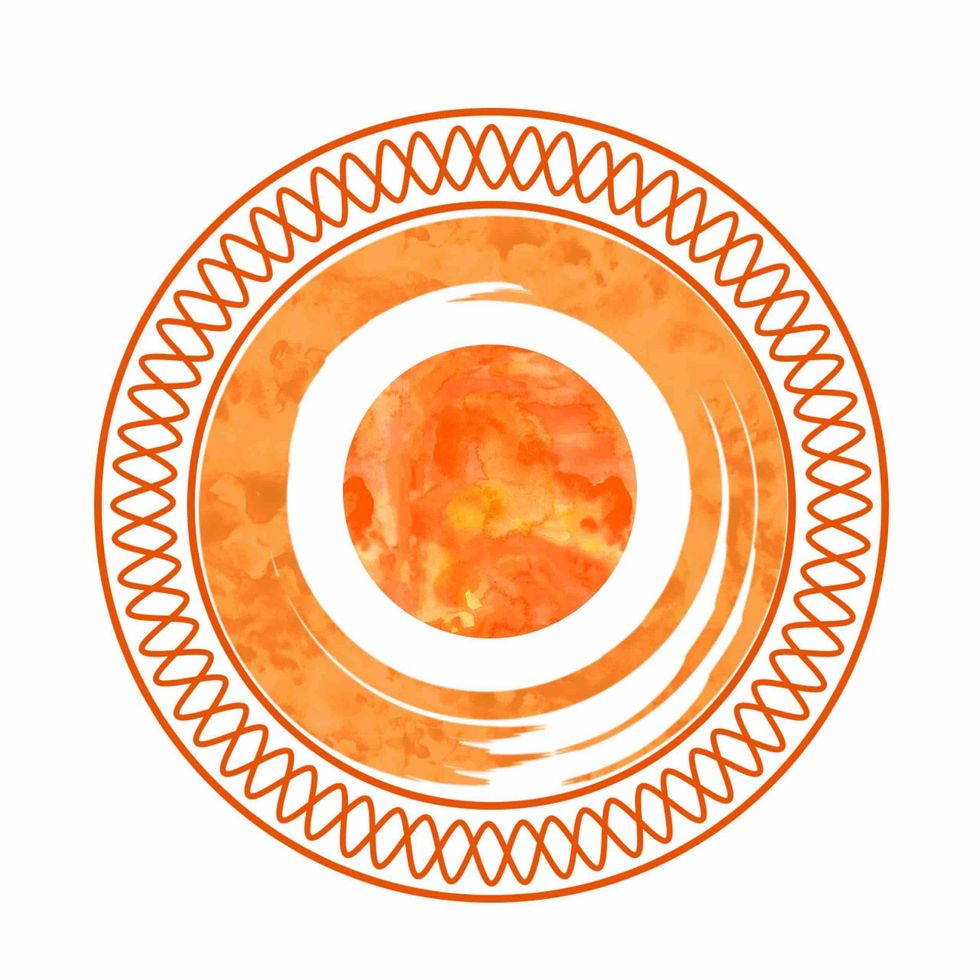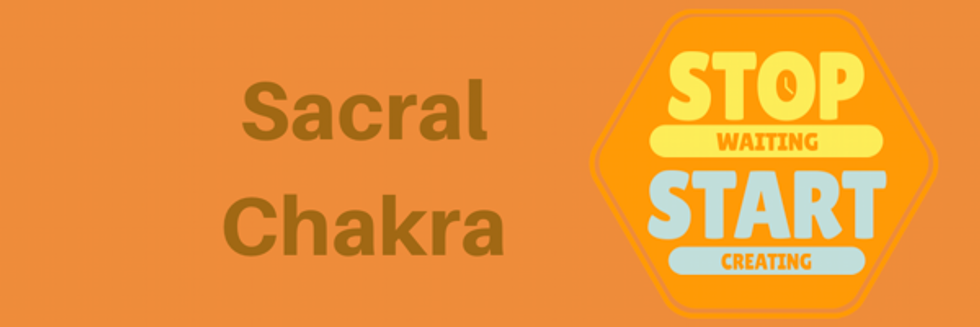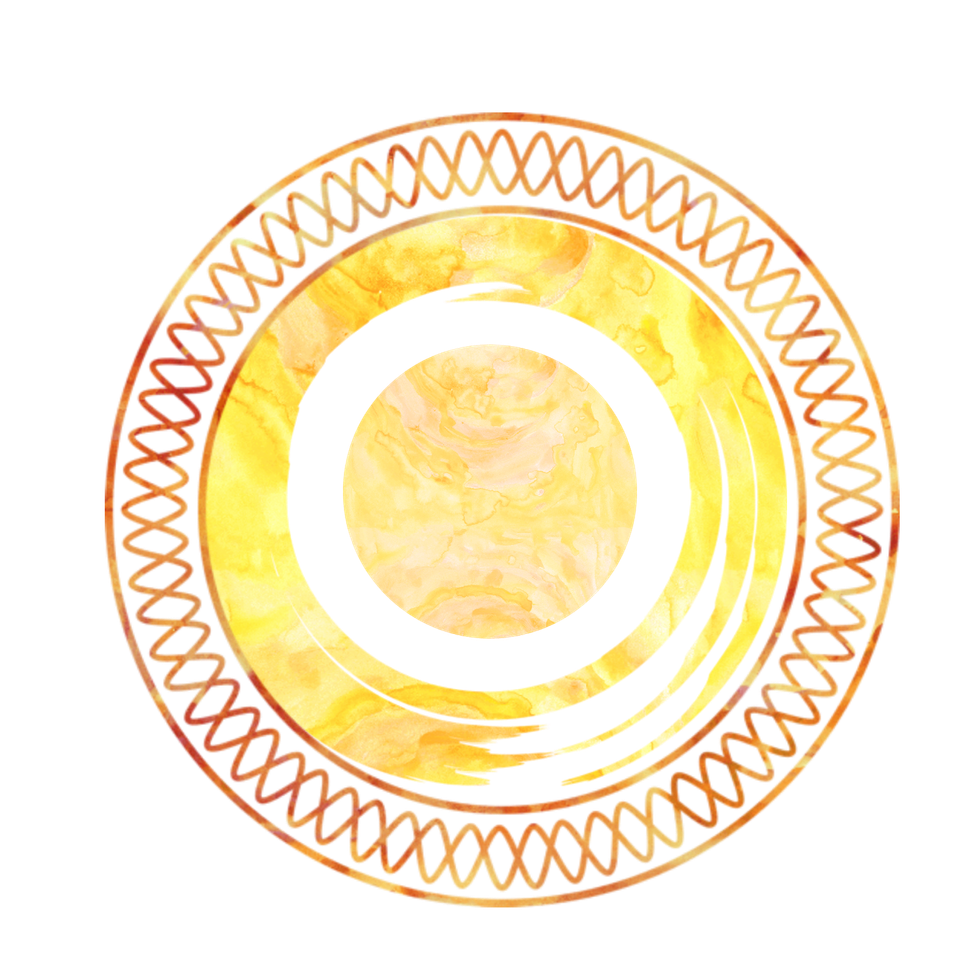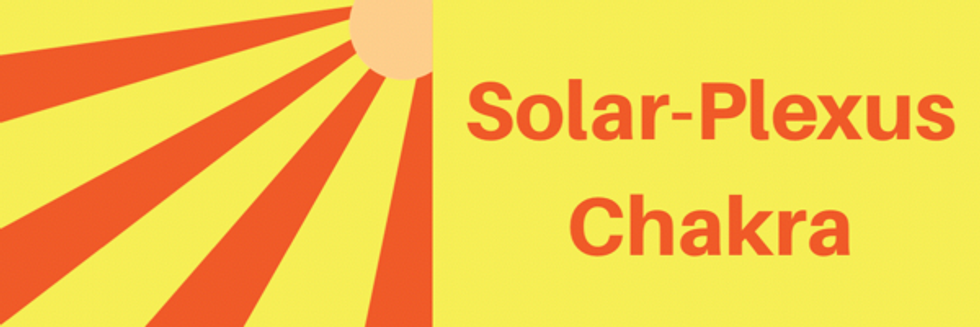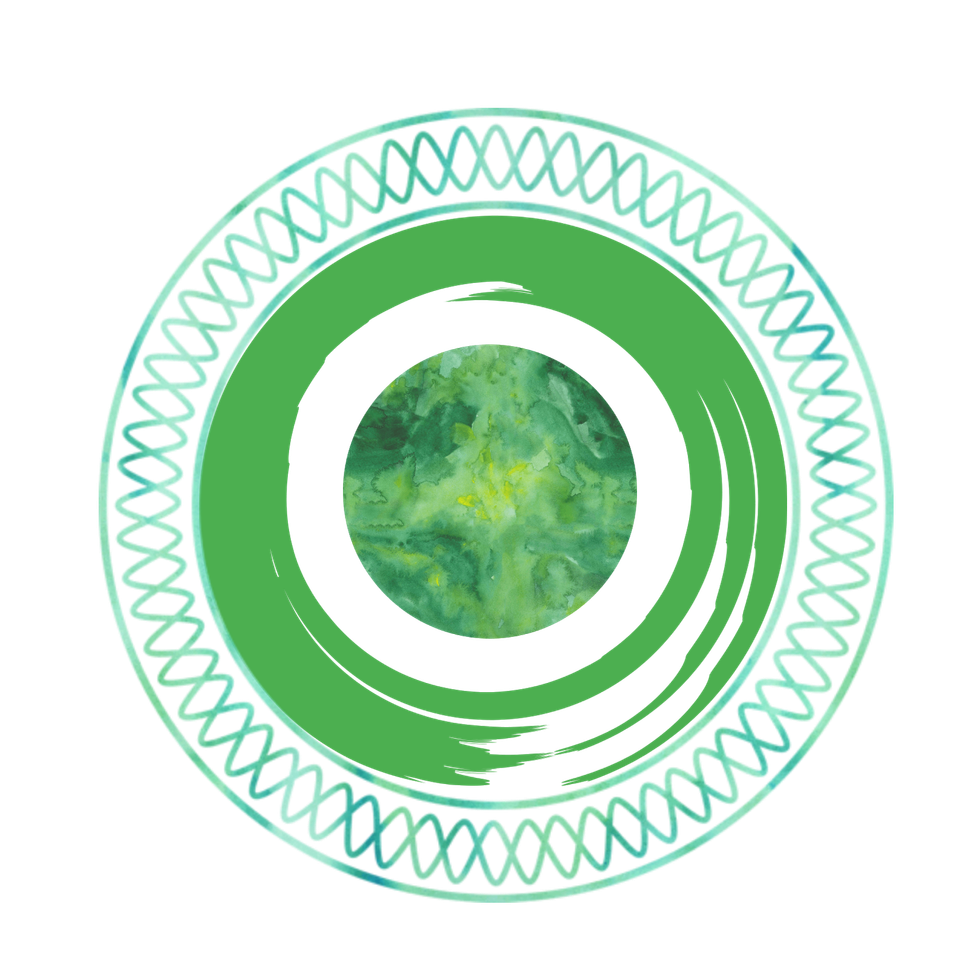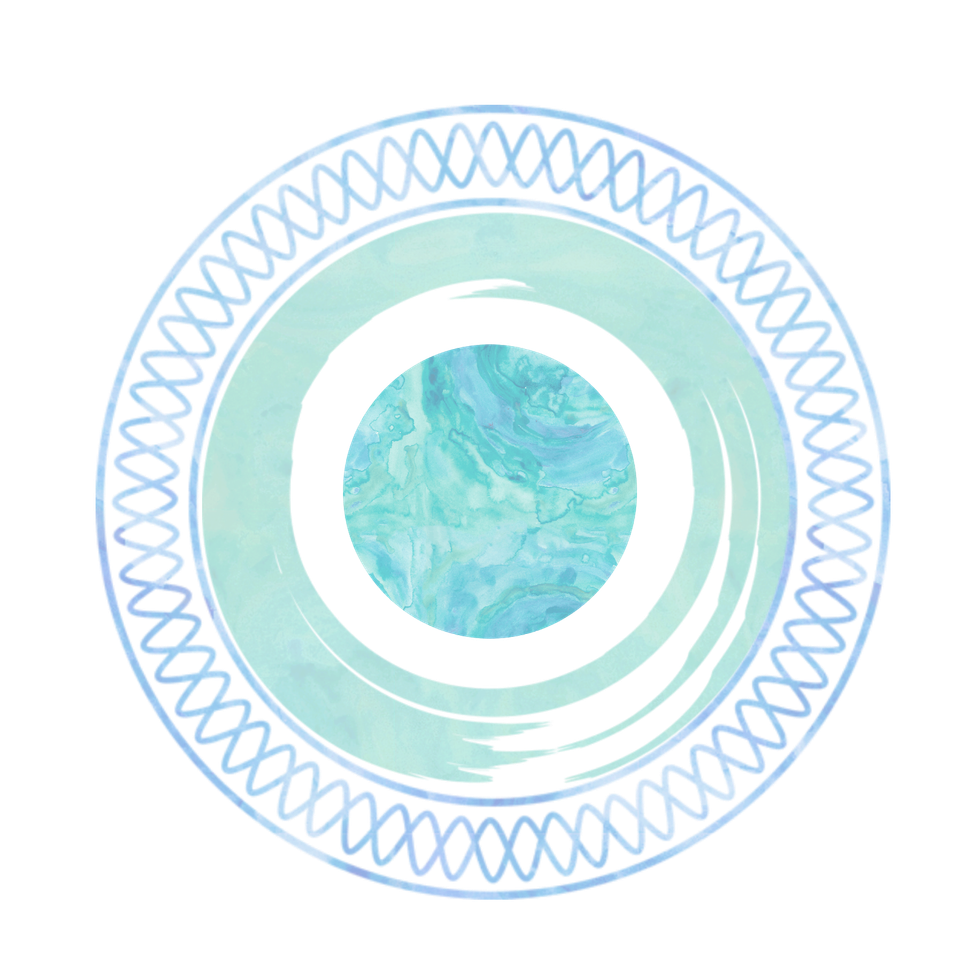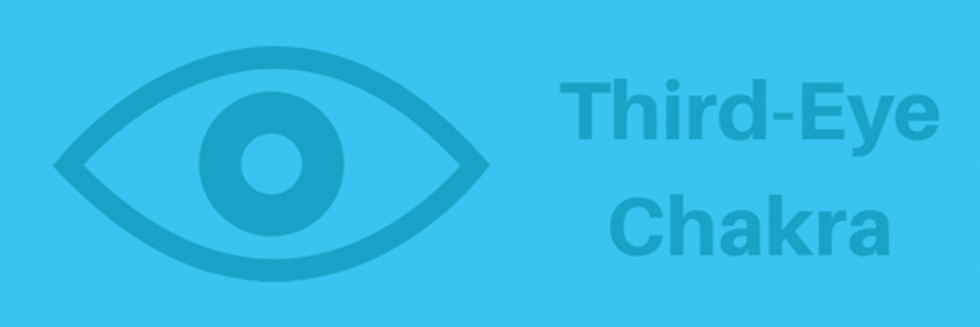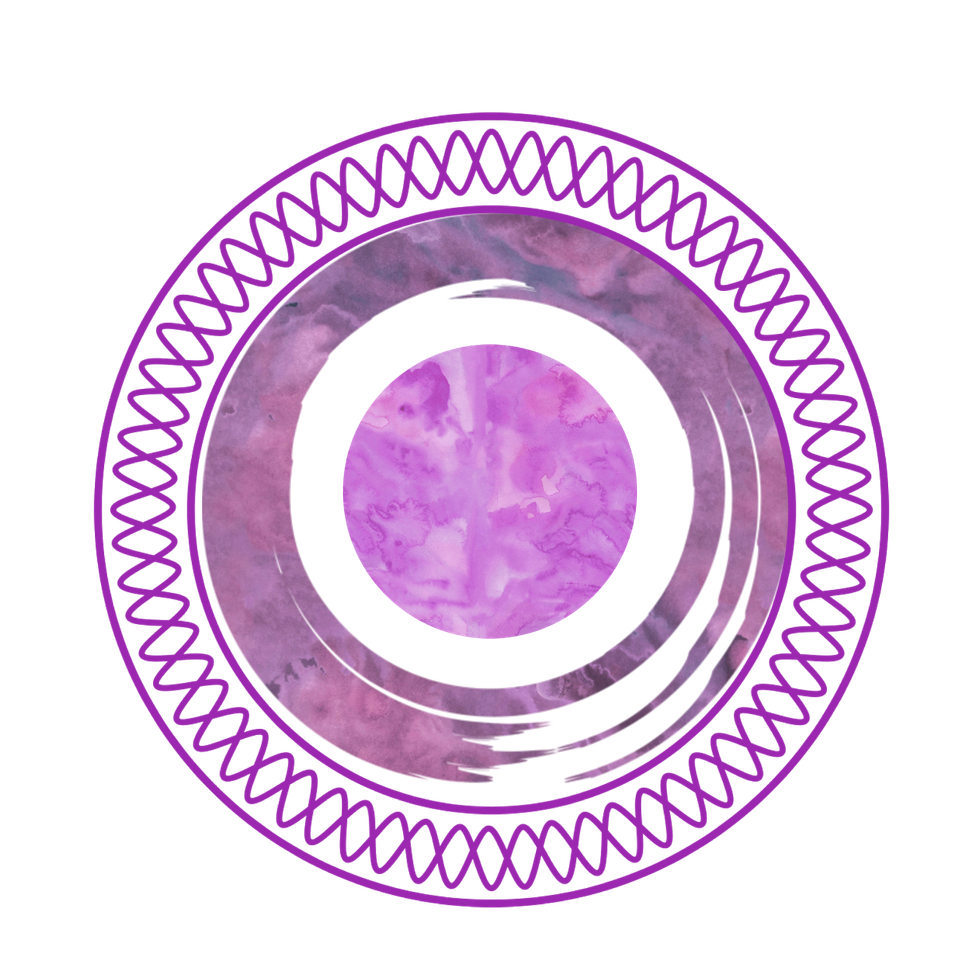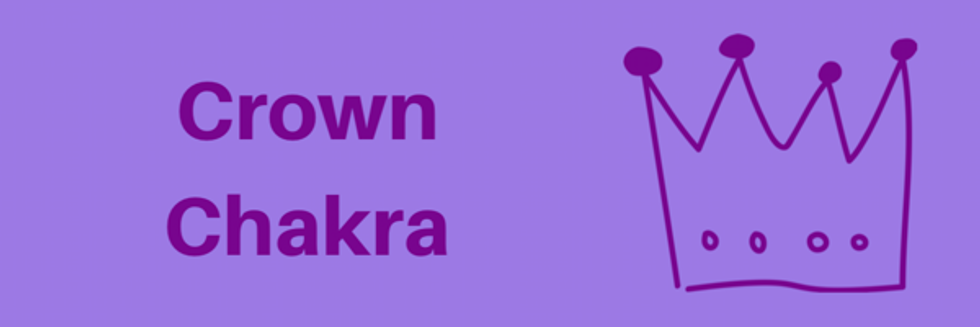The Chakra System exists within the human body. There are seven major chakra centers located at the bottom of the feet to the top of the head. They are considered spiritual power centers of the body. “Qi” is the term for the life-force energy that exists within all living things. The Qi aims to flow fluently throughout the chakra body. If one or more chakra centers experience trauma or inability to release, the flow of Qi becomes restricted, resulting in dysfunction.
The Chopra Center has amazing information on the chakra systems. You can check it out here. I have narrowed down the basics to present to you here.
Root Chakra
The Root Chakra is where we establish our foundations and values. It is the area of the body that manifests both family and group security. Root chakra energies need logic, order, and structure to stay balanced, otherwise, dysfunction is possible. Therefore if there is disconnection or an absence of security and comfort in our sense of community, we may encounter deeper physical, emotional, mental, and spiritual hardships.
The primary organs influenced by Root Chakra energy include the physical body, base of spine, legs and bones, feet, rectum, and immune system. The mental and emotional issues related to the Root Chakra include family and group security; ability to provide basic necessities; ability to stand up for self; feeling at home; social and family law and order.
Sacral Chakra
The Sacral Chakra is where we grow our relationships beyond that of our family and groups. Here we have learning experiences based on interactions with others. It is important to note that all negative emotions are stored in the Sacral Chakra; therefore chronic lower back pain, sciatica, gynecological issues, pelvic and lower back pain, sexual potency, and urinary problems are widely reported with second chakra dysfunction.
The primary organs influenced by Sacral Chakra energy include sex organs, large intestine, pelvis, appendix, bladder, and hip area. The mental and emotional issues related to the Sacral Chakra include blame and guilt; money and sex; power and control; ethics and honor in relationships; and creativity.
Solar-Plexus Chakra
The Solar-Plexus Chakra is where we strengthen our identities and sense of self. This is where we acknowledge our personal powers and self-esteem and let them shine like the sun. The third chakra reminds you to stay aligned with your personal honor and self-respect. Unfortunately, this is often times the most difficult for us to work through because as Caroline Myss says “nobody is born with a healthy self-esteem.”
The physical dysfunctions influenced by the Solar-Plexus include arthritis, gastric ulcers, colon/intestinal problems, pancreatitis and diabetes, indigestion, anorexia and/or bulimia, liver dysfunction, and adrenal dysfunctions. The mental and emotional issues related to the Solar-Plexus include trust; fear and intimidation; self-esteem, self-confidence, and self-respect; care of self and others; sensitivity to criticism; and personal honor.
Heart Chakra
The Heart Chakra is the emotional center of the body. In “ Anatomy of the Spirit,” Caroline Myss explains that disease originates from emotional stress that becomes toxic. Therefore, balancing Heart Chakra energies can be pivotal in preventative healthcare. Overcoming fears of loneliness and commitment are two ways to begin balancing heart chakra energies.
The physical dysfunctions influenced by the Heart Chakra include congestive heart failure, cardiomegaly, asthma, allergy, lung cancer, breast cancer, upper back and shoulder discomfort, and bronchial pneumonia. The mental and emotional issues related to the Heart Chakra include love and hatred; resentment and bitterness; grief and anger; self-centeredness; loneliness and commitment; forgiveness and compassion; hope and trust.
Throat Chakra
The Throat Chakra is where we hold our personal expression and personal powers. Imbalances are common here as many hide their self-expression and self-will out of fear of criticism and judgment. We see this often with individuals who have trouble making decisions or dealing with authorities. The organs affected by Throat Chakra dysfunction include throat, thyroid, trachea, neck vertebrae, mouth, teeth, gums, esophagus, parathyroid, and hypothalamus. Therefore the physical dysfunctions that may manifest include raspy throat, chronic sore throat, mouth ulcers, gum difficulties, joint issues, scoliosis, laryngitis, swollen glands, and thyroid problems.
The mental and emotional issues related to the Throat Chakra include the choice of strength and will; personal expression; following one’s dream; using personal power to create; addiction; judgment and criticism; faith and knowledge; capacity to make decisions.
Third-Eye Chakra
The Third-Eye Chakra, also known as the Brow Chakra, is the center of emotional intelligence. Here we open ourselves to our being and our environment, making it possible to grow through past experiences. A few ways to open ourselves include: becoming conscious of what you believe and why; refraining from judgment; acting on inner-guidance; becoming aware of when your mind is closing; avoiding becoming defensive; becoming open to guidance; releasing self-pity, blame, and anger; and by staying present in the moment.
The physical dysfunctions influenced by the Third-Eye include brain tumor, brain hemorrhage, stroke, neurological disturbances, blindness, deafness, spinal difficulties, learning disabilities, and seizures. The mental and emotional issues related to the Third-Eye include self-evaluation; truth; intellectual abilities; feelings of inadequacy; openness to others; learning from experiences; and emotional intelligence.
Crown Chakra
The Crown Chakra is where you are able to see the bigger picture and connect with your spiritual guides. Once you open yourself to the higher energies around you, you will be able to retrieve your spirit from the past and release regrets. Concentration, meditation, and contemplation are excellent ways to begin training your mind to become present. By focusing on the present, you are able to have trust in the universe.
The physical dysfunctions influenced by the Crown Chakra include energy disorders, depression, chronic exhaustion, and sensitivities to light, sound, and environmental influences. The mental and emotional issues related to the Crown Chakra include trust in life; values; ethics; courage; humanitarianism; selflessness; faith; inspiration; spirituality; and devotion.
It is important to maintain a functioning chakra system. Without it, the flow of Qi will become restricted and distorted, causing dysfunction to the energy body. Source

